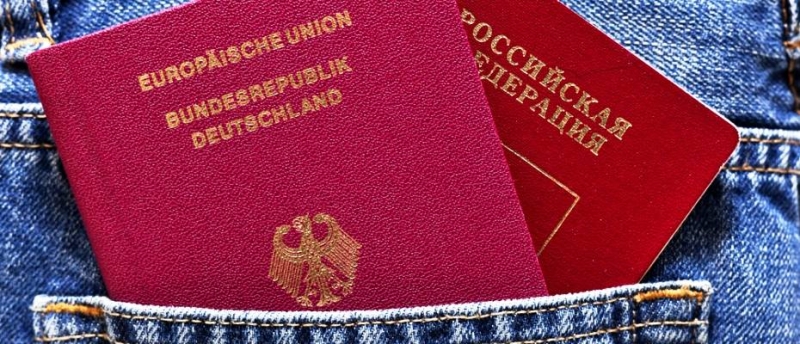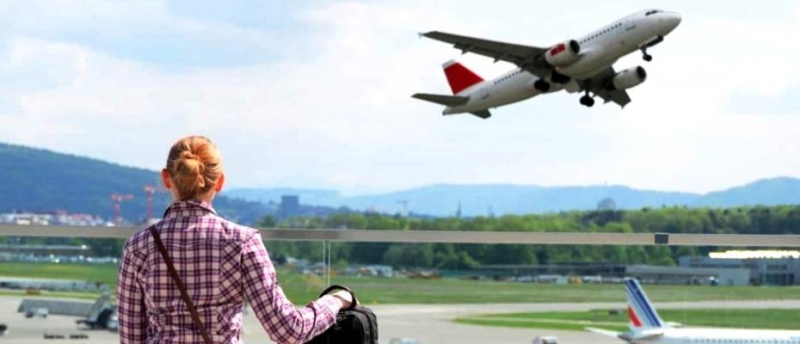The demand for Romanian and Bulgarian Schengen among Russians will be low

On March 31, Bulgaria and Romania joined the Schengen area. The diplomatic missions of these states are able to issue a Schengen visa, which allows them to freely cross borders between European countries.However, for both countries, entry into the Schengen area will be incomplete. Passport control between the countries of the Schengen area, Romania and Bulgaria when crossing borders by air and by sea will be abolished, but checkpoints will remain at the land border due to fears that Bulgaria and Romania will not be able to deal with illegal migrants. Austria initiated the restrictions. Discussions on the abolition of passport control at land border crossings will continue in 2024.For Russian tourists, this means that to visit Romania and Bulgaria, you will now need to apply for a Schengen visa. Firstly, it will require more documents and time than a national visa, and you will also have to submit biometrics. Secondly, staying in these countries will already be counted as days spent in the Schengen area.Recall that the multivisa, which gives the right to multiple visits to the Schengen area, allows you to stay in the countries of the agreement for 90 days for 6 months or 180 days. Thus, a tourist can enter or leave the Schengen area an unlimited number of times. But in total, he can spend only three months in it in six months.It is expected that the consular services of Bulgaria and Romania will begin accepting documents for Schengen visas in Russia from April 2, 2024.However, there is still no official information on how this process will be organized on the territory of the Russian Federation on the websites of the embassies of these countries.Therefore, it is not known when and in which cities the documents for Schengen visas to Bulgaria and Romania will be submitted.The acceptance of documents for such visas will begin on April 02. To receive them, Russian citizens will have to submit biometrics. Days spent in Bulgaria will now be counted as days spent in the Schengen area.According to TASS, the consular service of the Bulgarian Embassy in Moscow and the Consulate General in St. Petersburg will work with the submission of applications for Schengen visas. The diplomatic mission also stressed that the waiting time in the queue for submitting documents “will be like other countries of the Schengen area.”Russians will be able to use short–term Bulgarian national visas (type C) issued before March 31, 2024 – with a stay in the country of up to 90 days – only for entry into Bulgaria, Romania and Cyprus. Long-term type D visas and residence permits issued before the same date – with a permit to stay in the Republic of more than 90 days – will be valid for trips in other countries of the Schengen area until their expiration date.The general rule of staying abroad on a Schengen visa is no more than 90 days every six months.Forget about the so-called “rule of first entry into Schengen”, that is, opening a visa in the country that issued this visa: there is no such rule. There is a requirement to spend the largest number of days in the country of issue of the visa out of the total time spent on the territory of the Schengen Agreement. There are some nuances, of course. For example, do not try to enter Germany with an undisclosed Schengen if the visa is not issued by Germany itself. One of the last restrictions is not to try to enter Poland, the Czech Republic, Latvia, Lithuania, Estonia and Finland from Russia and third countries with tourist Schengen visas.As indicated on the website of the Romanian Embassy in Moscow, Russian citizens need to use the web portal to obtain a Romanian visa evisa.mae.ro . After filling out and sending the application form, the applicant will receive a notification from the consular office of the Romanian Embassy in Moscow about making an appointment for personal submission of documents.There are no Romanian visa centers in Russia; there are only two consulates in Moscow and St. Petersburg. Previously, there was a consulate in Rostov-on-Don, but the agreement on its opening at the end of December 2023 was denounced by the government of the Russian Federation. The Romanian Embassy clarified that tourists will be able to use Romanian national visas issued before March 31, 2024 during their entire validity period only for entry into Romania, also to Bulgaria and to Cyprus.According to experts, in the absence of direct flights to Bulgaria and Romania, the demand for tourist trips to these countries will be low. Trips to Bulgaria will be in demand mainly from property owners. Demand for tours to Romania was low even before the pandemic.According to tour operators, this year Bulgaria and Romania will issue single-entry Schengen visas to Russians mainly for travel dates. But officially it will be possible to stay only in Bulgaria and Romania.Officially, it is possible to get to other EU countries using the Bulgarian and Romanian Schengen only through the Schengen multivisa, but Russian tourists should not count on multishengen from these countries – new members of the Schengen area, experts say.

